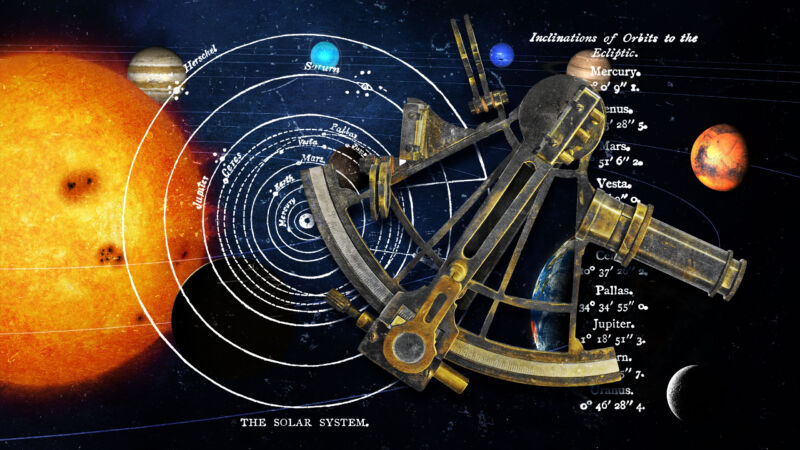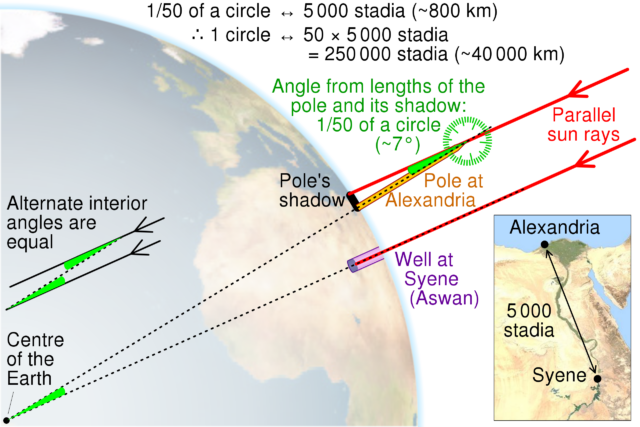
We’ve managed to discover quite a lot about our Universe from our relatively limited vantage point here on Earth. Many of those discoveries have been worthy of nothing more than an updated entry in some catalog. But some have been deeply revolutionary, completely changing the way we view the cosmos and our relationship to it.
What follows is a list of what I, a theoretical cosmologist, believe to be the most impactful discoveries ever made in astronomy. To help winnow down the possibilities to a manageable top-five ranking, I had to concoct some criteria. First, we're looking at discoveries that are both broad and deep (in the scientific sense), findings that simultaneously reached further than any previous discovery and also enabled (or at least accelerated) a new paradigm or branch of astronomy.
Second, I want to emphasize discoveries that were not obvious and didn’t just need someone to build a big enough telescope or powerful enough computer. I want discoveries that needed radical leaps of intuition and science-minded daring—where an enterprising scientist went out on a limb and followed their curiosity wherever it led.
Lastly, these sorts of lists will always include bias, so let me put mine front and center. I am a theorist, so I'll naturally be more inclined to find theoretical insights more interesting, relevant, and horizon-expanding than purely observational exploits. That philosophy will help shape my list.
I’m sure you'll have your own picks, and you may or may not disagree with the rankings I’m about to present. That’s fine. In fact, I hope the following list provides a springboard for discussion and, because science is fun, celebration of our many accomplishments.
So without further ado, presented in chronological order because I couldn’t make myself rank them by order of importance, I present to you the greatest astronomical discoveries of all time.
So far. According to me.
1) We’re gonna need a bigger boat
This first discovery is so old that we don’t even have direct access to the work of the man who accomplished it, a certain Greek polymath by the name of Eratosthenes. Living around 250 BCE, Eratosthenes was the first to develop an accurate method for measuring the circumference of the Earth. And like all great theorists before and since, he didn’t even need to get out of his pajamas to do it.
We only know of the work of Eratosthenes from a summary provided centuries later by another Greek astronomer, Cleomedes, who is mostly famous for… telling us about Eratosthenes. According to his summary, Eratosthenes calculated the circumference of the Earth by waiting for the summer solstice. At the solstice, the Sun stood directly overhead at noon at the city of Syene (today Aswan) in southern Egypt. Eratosthenes lived in Alexandria, several hundred miles north, so at that precise moment, the Sun was a little off from directly overhead. By measuring the angle of the Sun’s position and combining that with the known distance to Syene (something calculated by professional walker-measurers), Eratosthenes could calculate Earth’s circumference. He arrived at a startlingly accurate measurement, within a few percent of the modern value.

Presumably by the time of Eratosthenes, anyone who was paying attention already knew the Earth was round—the point of this work wasn’t to disprove flatness but to measure the circumference of an already assumed globe. But Eratosthenes was perhaps the first person in history to make a measurement of something far beyond direct human perception. There was no way for anybody to send teams of walker-measurers out to travel the entire circumference; instead, Eratosthenes devised a clever trick that used our relation to the heavens to let the Sun do the measuring for us.
Eratosthenes wrangled celestial objects and made them do his bidding. This was no mere astrology, with its tortured attempts to use the stars and planets to divine the fortunes of us mortals on Earth. This was astronomy, using careful and clever measurements to discover something new about the world.
reader comments
151